
Can We Talk Sensibly about Inequality and Ignore the Rich?
Not if we want to see a safe, decent, and sustainable future, say UN researchers

Not if we want to see a safe, decent, and sustainable future, say UN researchers

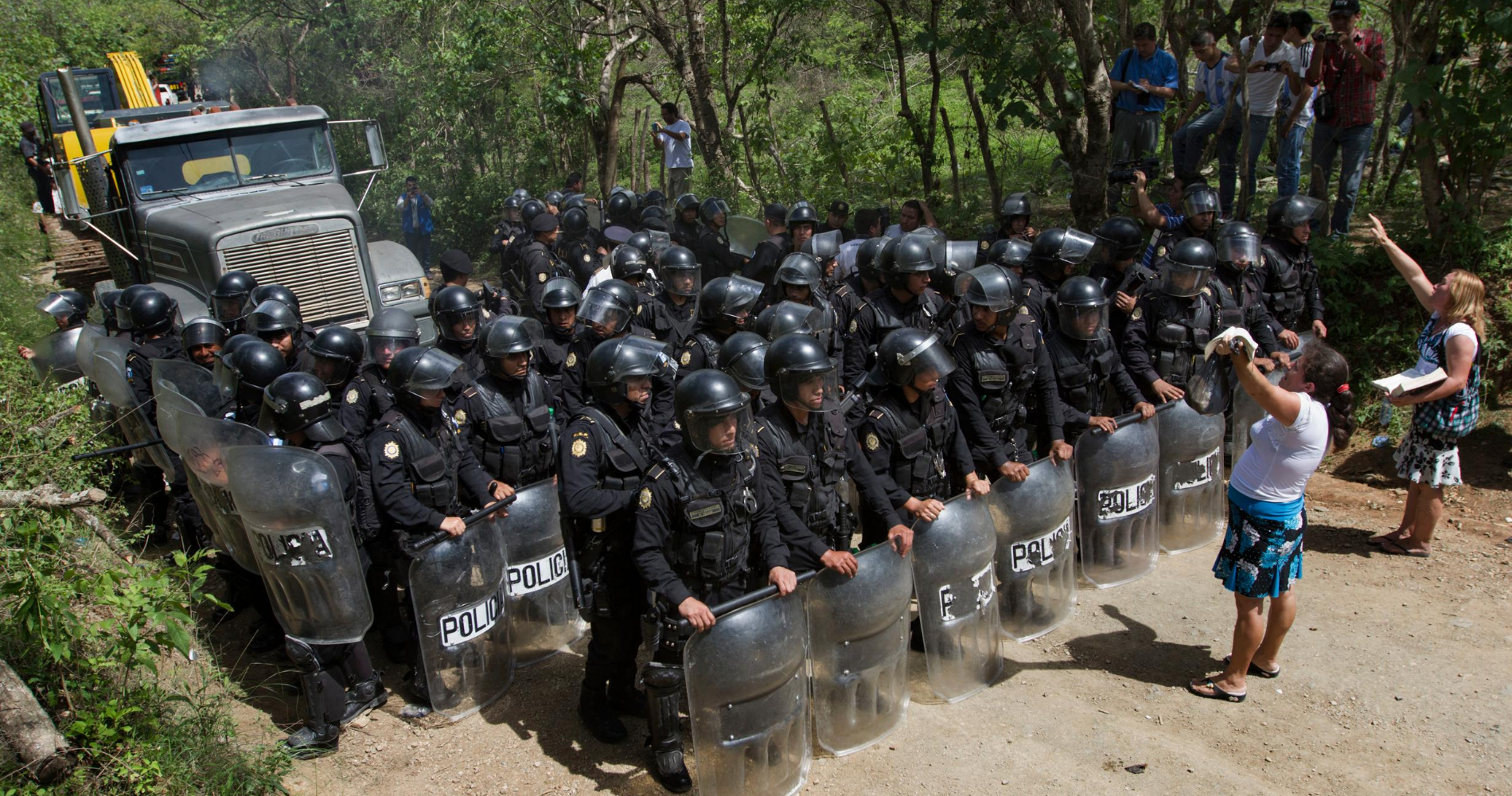
Global mining companies are turning to international arbitration to strong-arm governments into bending to their interests.
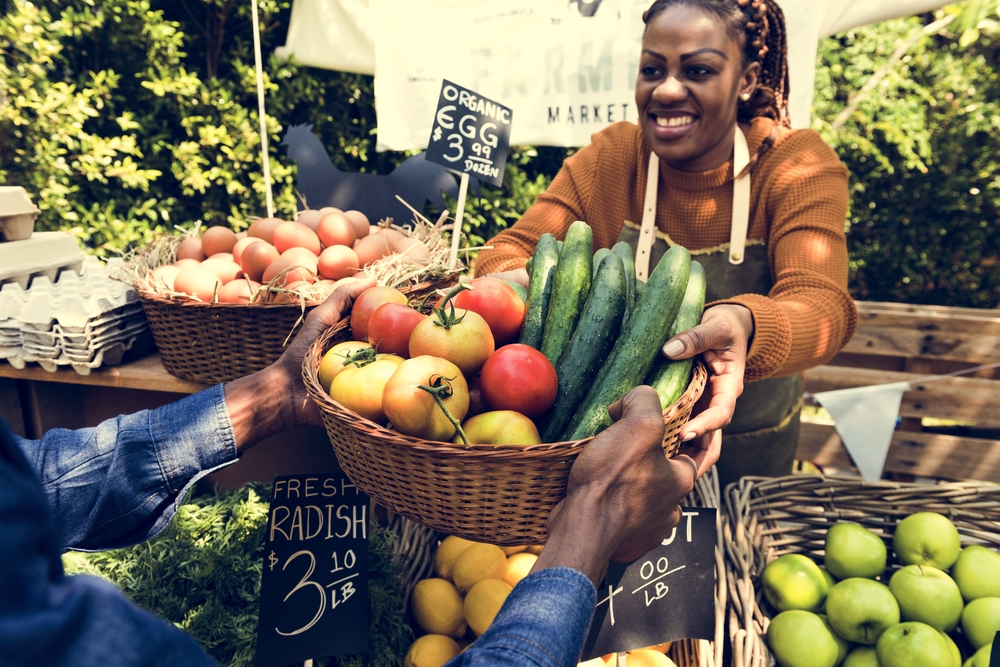
Imagine supporting farmers markets, child nutrition, and local agriculture with money we spend on factory farms.
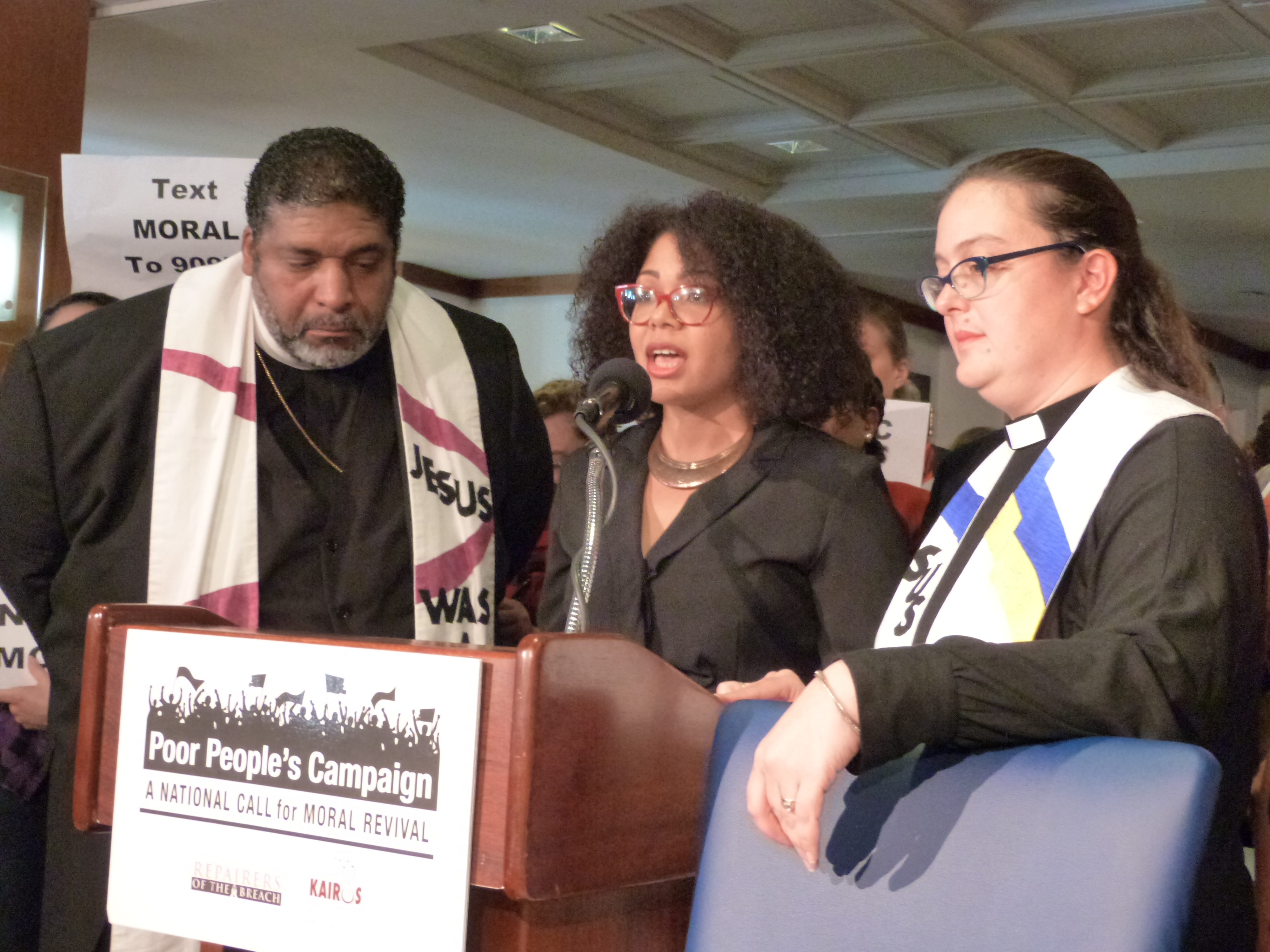
A major new report makes the case for a “fusion movement” against systemic racism, poverty and inequality, miltarism and the war economy, and ecological devastation.
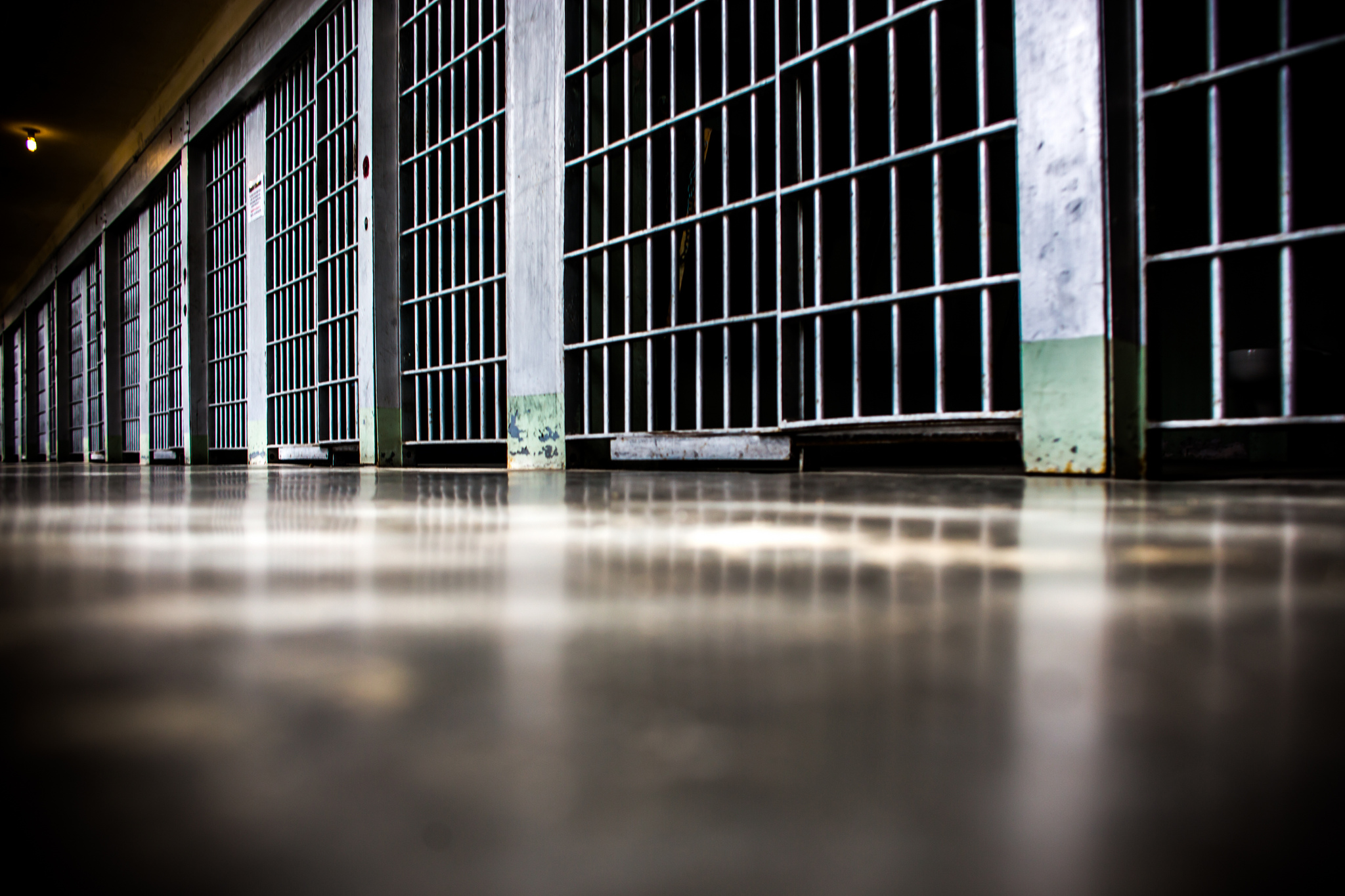
Port Covington has an opportunity to help hundreds of ex-offenders find sustainable employment and combat the city’s recidivism rates.
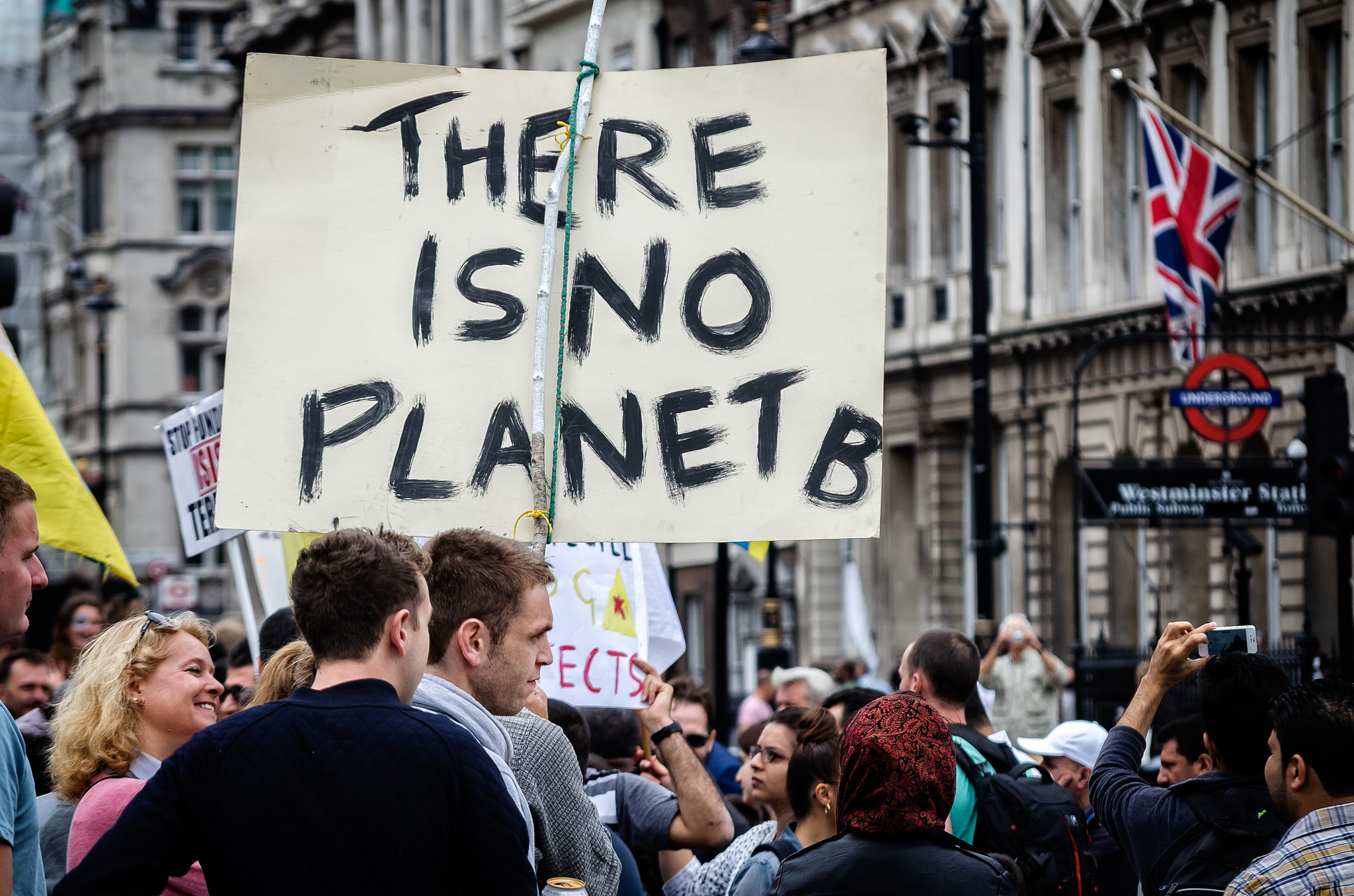
It’s high time to come up with a new model of economic growth and innovation that works for all of us.
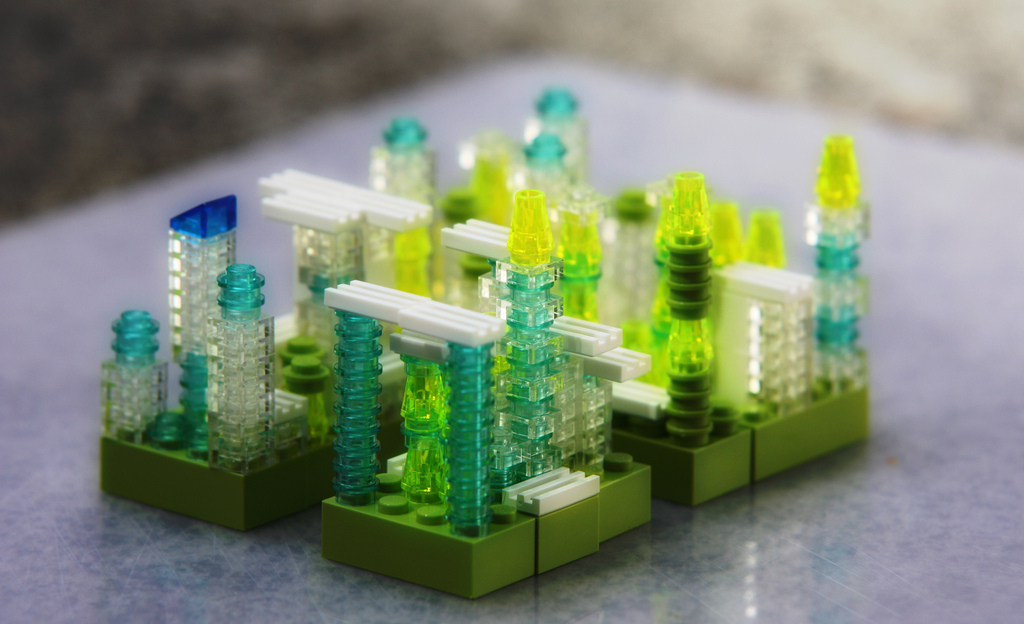
This pilot project aims to educate, train, and hire talented immigrant women for green jobs in Maryland.
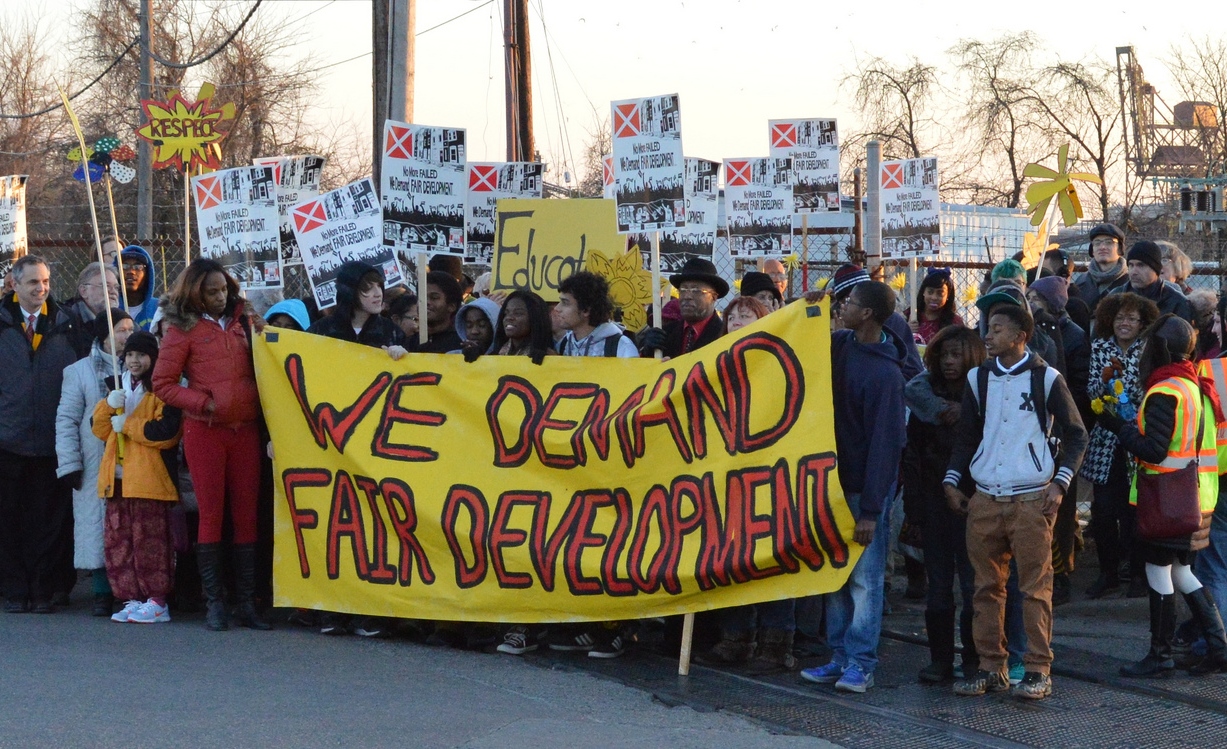
Local high school students and Curtis Bay residents have organized a tremendous campaign of resistance against failed development in South Baltimore.
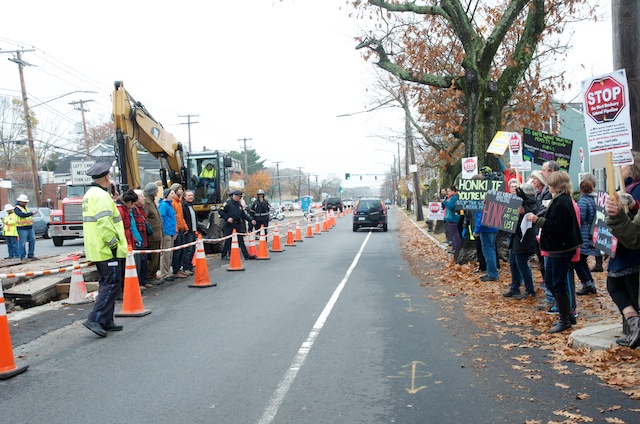
In order to achieve climate justice, we must use both resistance to interrupt and prevent encroachment by a politically powerful fossil fuel industry and resilience to build new skills and institutions for sustainable communities.

IPS’s David Hart will speak from a new economy perspective about “building sustainable communities through the sharing economy.”
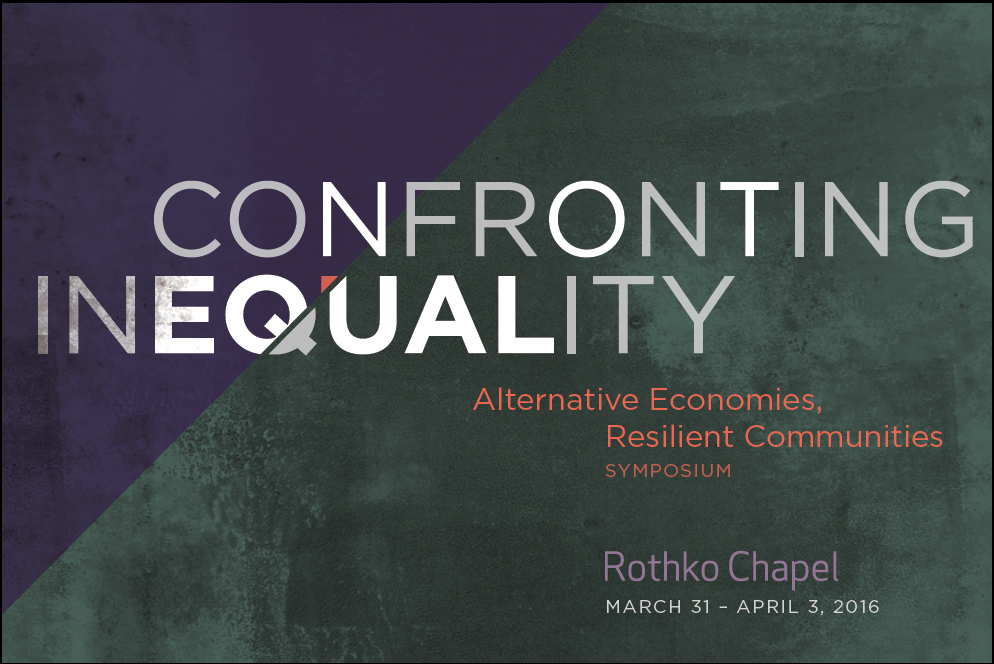
IPS’s Janet Redman is a featured panelist in THE RISE OF THE GREEN ECONOMY: Environmental Sustainability, Development, and Equity.

Three visionary thinkers offer their ideas for a more just and equitable economic future.
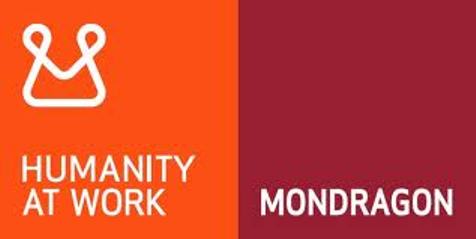
Join a discussion with Josu Ugarte, Dorcas Gilmore, Bill Generett, and Ed Whitfield as we discuss strategies for transitioning Baltimore — and greater Maryland — towards a New Economy
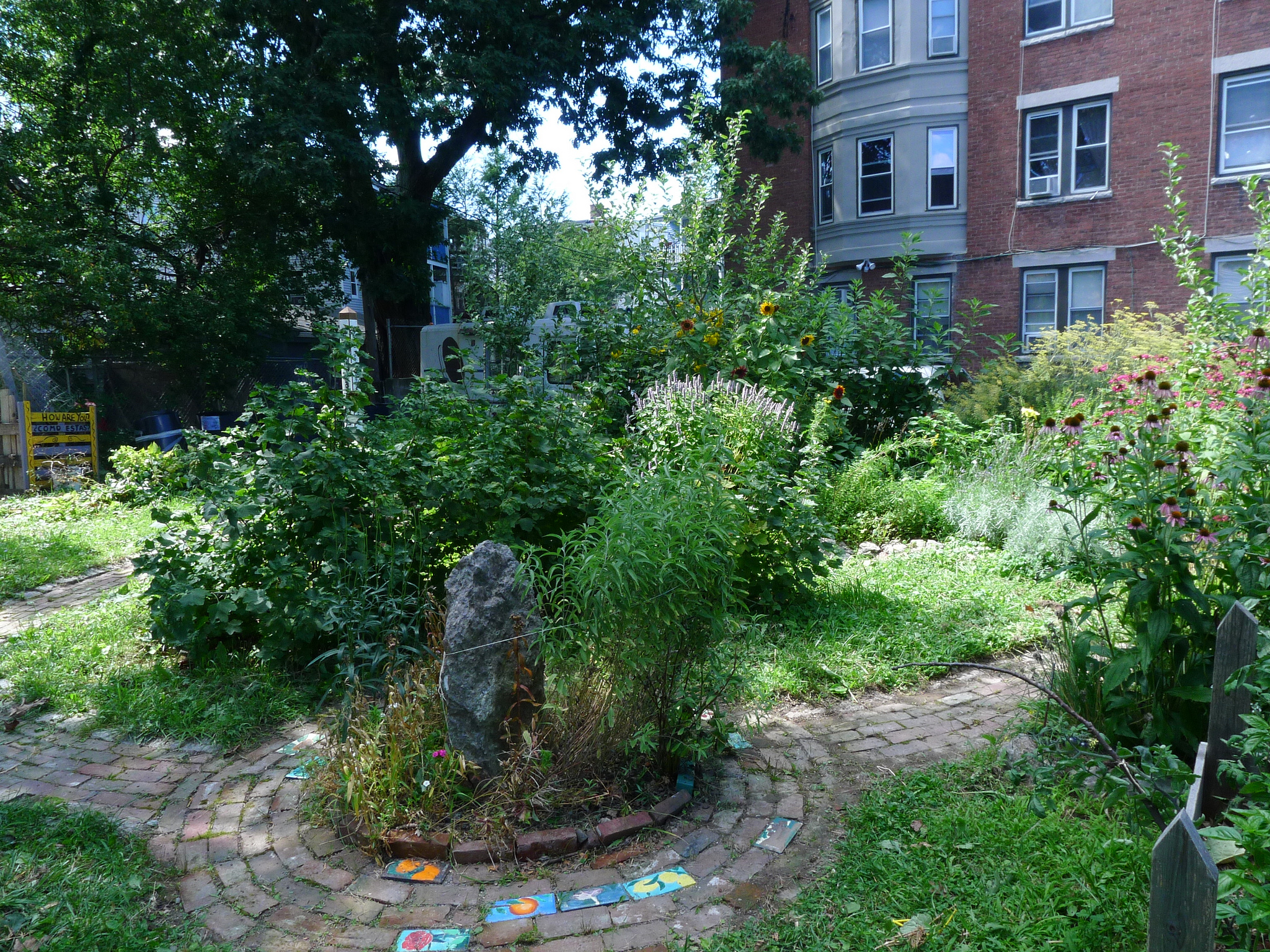
Rebuilding the commons is a vital part of reviving an economically-divided, violence-scarred neighborhood.